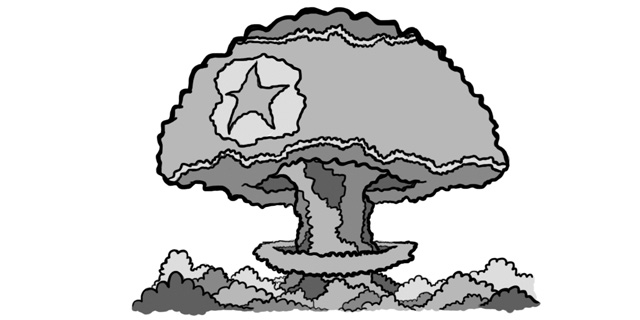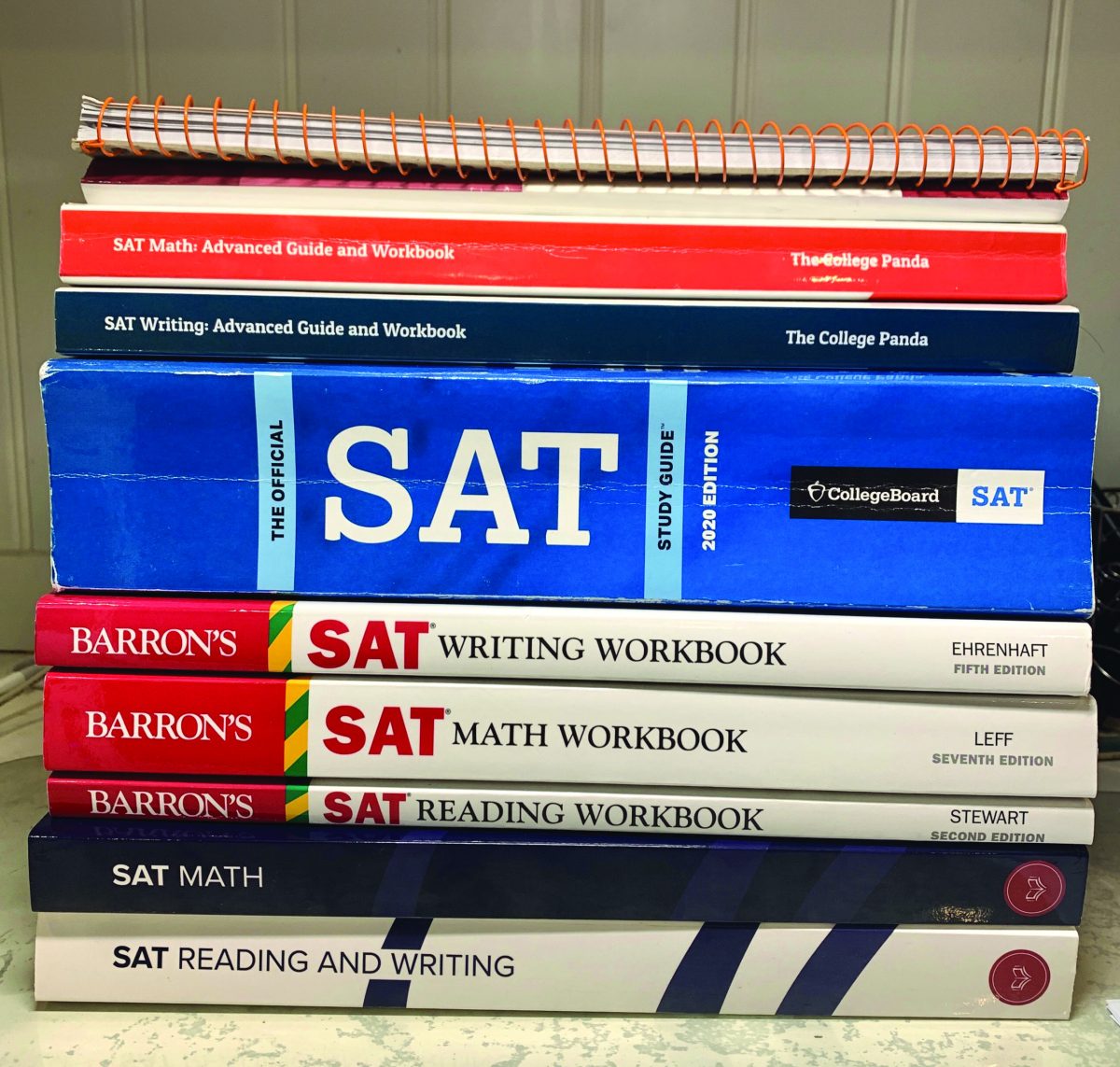
The Korean Central News Agency released claims of a possible hydrogen bomb detonation in the Democratic Republic of North Korea on Wednesday, Jan. 6. The tests were supposedly conducted using fusion: a more advanced process which combines hydrogen atoms, and in a much more powerful weapon than the atomic bomb. But many analysts say that the claims are false because of the country’s record of difficulty with the mastery of such weapons in the past and previous inflated claims.
According to NPR, the hydrogen bomb test was carried out in celebration of North Korea’s “Supreme Leader” Kim Jong Un’s birthday on Jan. 8, and, according to Vox’s official English translation of the North Korean state news agency’s statement, the tests were conducted in response to perceptions of aggression by the United States.
“This test is a measure for self-defense the DPRK has taken to firmly protect the sovereignty of the country and the vital right of the nation from the ever-growing nuclear threat and blackmail by the U.S.-led hostile forces and to reliably safeguard the peace on the Korean Peninsula and regional security,” the statement revealed.
According to CNN, North Korea could have detonated a “boosted” weapon instead of a hydrogen bomb, which uses only a little fusion to increase the fission process, but a boosted weapon does not have the same strength as a hydrogen weapon.
Mi-Hyung Yoon, special advisor to South Korean President Park Geun-hye, general council member of the Kumho Asiana Group and mother of Alli Yoon ’17 and Lauren Yoon ’19 was alerted by her friends in both the U.S. and South Korean military of the possible detonation. Yoon said that the information was most likely speculative because North Korea has made similar claims of detonation since the end of the Korean War in 1953.
“I wasn’t particularly shocked by the news…[North Korea is] just trying to get attention on the world stage…we just sort of think it’s another chapter in that long narrative,” Yoon said.
Although, according to Yoon, South Korea isn’t taking active military measures, the tensions between the two countries are rising. Previous tests by North Korea were of more concern to both the South Korean government and the international community. During conferences including Six Party Talks and the Sunshine Policy, global condemnation and verification of similar militaristic threats, were met with encouragements of peaceful relations between both nations on the Korean Peninsula and demilitarization of North Korea. The most recent claims, however, have been dismissed, as they do not require immediate attention and have not been officially substantiated.
According to the New York Times article, “With Nuclear Tests, North Korea’s leader Asserts Role of Instigator”, South Koreans have lived with the threat of war for decades, as North Korea has often made empty threats of aggression.
Since the claims of detonation, South Korea has reinstalled controversial loudspeakers, lining the mile-long border between North and South Korea that have historically been used to blare propaganda across the border. Additionally, South Korea has about 1000 armed soldiers ready for attack, stationed along the border. North Korea has denounced these actions as an act of war against Kim Jong Un’s regime.
Yoon later detailed that she’s not sure if immediate action is not being taken regarding the most recent claims.
“[South Koreans have] constantly lived with the threat of a belligerent North Korea since the end of the Korean War in 1953, so whenever North Korea acts up, we’ve become desensitized to whatever North Korea does,” Yoon said.






